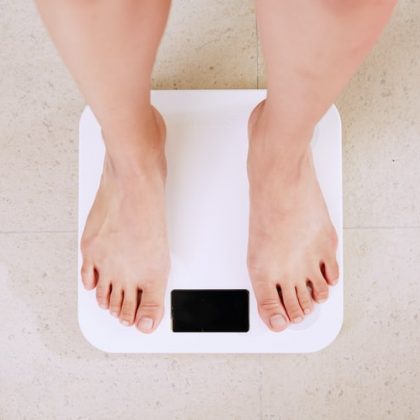
The good news is this is something you can change!
Maintaining a healthy weight can reduce the risk of heart disease and other health problems. It can help to know your body mass index and waist measurements and what these mean.
Healthy weight:
- Making a commitment to maintaining a healthy weight is one of the best things you can do for your health and wellbeing.
- Make your appointment now at Leschenault Medical Centre and talk to one of our doctors or health practitioner about your weight.
- In Australia, 1 in 4 children and 2 in 3 adults are overweight or obese.
Carrying excess body fat can have a serious impact on your health. It’s a risk factor for heart disease, and it can also increase your risk of chronic diseases like diabetes, arthritis, and certain types of cancer.
The good news is this is something you can change!
Find out if you’re at a healthy weight
A healthy weight for one person might not be healthy for another. Other risk factors, like blood pressure and blood cholesterol levels, are also important.
The best way to find out if your weight is a health risk is to check with our doctors at Leschenault Medical Centre.
Achieve a healthy weight
The key to achieving and maintaining a healthy weight and shape is to enjoy healthy eating and physical activity every day.
Energy balance
We need to strike a balance between the energy (kilojoules) we consume with the energy our bodies use through normal functioning, daily activities and planned physical exercise.
- You can maintain your weight if you take in the same amount of kilojoules that your body uses each day.
- You gain weight if you take in more kilojoules than your body uses each day.
- You lose weight if you take in fewer kilojoules than your body uses each day.
Food choices
The type of food we choose to eat is also very important in maintaining a healthy weight and a healthy heart. In Australia, around 35% of the kilojoules we eat comes from sometimes or discretionary food. These are foods like pastries, biscuits, cakes, take away foods, and sugary drinks. Eating these foods only sometimes, and not every day, can help to achieve and maintain a healthy weight.
Make small food changes you can stick to
Instead of dieting, plan small, manageable changes so they become the norm for life. Little things can make a big difference in the long run.
Try these simple ideas:
- Reduce your portion size. Using a smaller plate might help, and don’t feel you need to finish everything.
- Make each meal an opportunity to include healthy foods (like vegetables, fruits and wholegrains) instead of ‘sometimes’ foods.
- Get started with some of our delicious healthy recipe ideas.
- Read more about healthy eating.
Move more
Small changes incorporated into your daily physical activity all add up. There are so many ways you can start to be more active each day. Read more about active living.
Gradual weight loss is better
Slow progress is more likely to deliver long-term results. Don’t get on the scales every day. Let your clothes and how good you feel tell the story.
If your weight loss slows down occasionally, don’t give up. Small amounts of weight loss or just preventing further weight gain can have a big impact on your overall health.
Fad diets don’t work
Healthy eating is for the long term. Aim to build habits that promote health, not harm it, as a solid healthy eating foundation. Choose plant-based foods like vegetables and fruit, along with good quality whole grains, nuts and seeds, and choose good quality meat, poultry, fish, and milk, cheese and yoghurt or alternatives. Choose mainly water to drink. And limit sugary, salty and fatty snacks or takeaway foods to sometimes and in small amounts.

